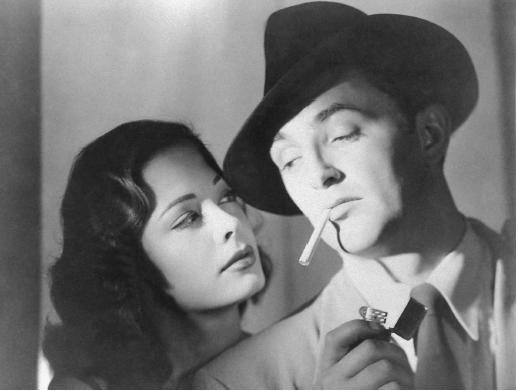 Look no further! For a limited time only, take home your very own Chinatown character Noah Cross PIE (chart)! Screenwriter Robert Towne really cooked up a doozy with this one, folks. I don't think there has ever been this complete of a villain since Jafar, and that's saying something. So while you gather around to celebrate [insert holiday here], take a moment to step back and appreciate the fact that even the most obnoxious and ornery of grandparents or second-uncles once removed do not even come NEARLY as close as Sir Cross did. Although it is unsettling to know that this human manifestation of cruel intentions was able to escape the clutches of the United States justice system, it is a comfort to know that he is probably going to get just as much (if not more) coming right back at him. Maybe not in this life, but definitely in his lives to come.
Look no further! For a limited time only, take home your very own Chinatown character Noah Cross PIE (chart)! Screenwriter Robert Towne really cooked up a doozy with this one, folks. I don't think there has ever been this complete of a villain since Jafar, and that's saying something. So while you gather around to celebrate [insert holiday here], take a moment to step back and appreciate the fact that even the most obnoxious and ornery of grandparents or second-uncles once removed do not even come NEARLY as close as Sir Cross did. Although it is unsettling to know that this human manifestation of cruel intentions was able to escape the clutches of the United States justice system, it is a comfort to know that he is probably going to get just as much (if not more) coming right back at him. Maybe not in this life, but definitely in his lives to come.So please, this holiday season, deck the halls, bring us some figgy pudding and spin that dradle because someone, somewhere is wishing that their grandfather/dad wasn't such a creep.



